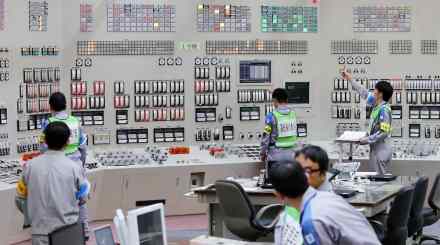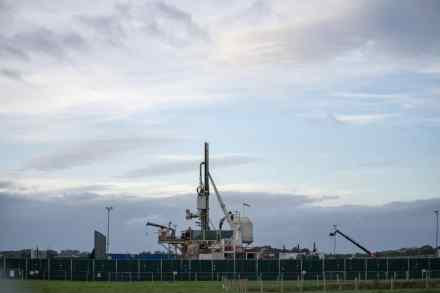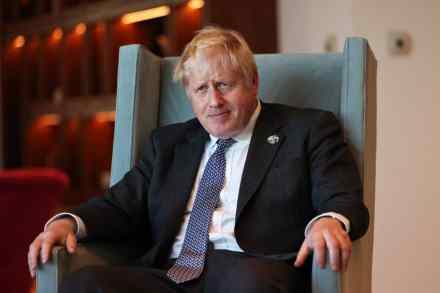Does Britain care more about pubs than schools?
Politics is about priorities: what do we consider to be important? I worry that Britain doesn’t attach enough importance to children and their education. As the first lockdown eased in the summer of 2020, I was unhappy that pubs reopened before schools. I thought that said something about our priorities as a nation An interview by Liz Truss in New York gives me no reason to change that gloomy view. During the interview, atop the Empire State Building, the PM was naturally keen to talk up the benefits of the energy price support package to be set out on Friday. That package, she was keen to say, will cover not






